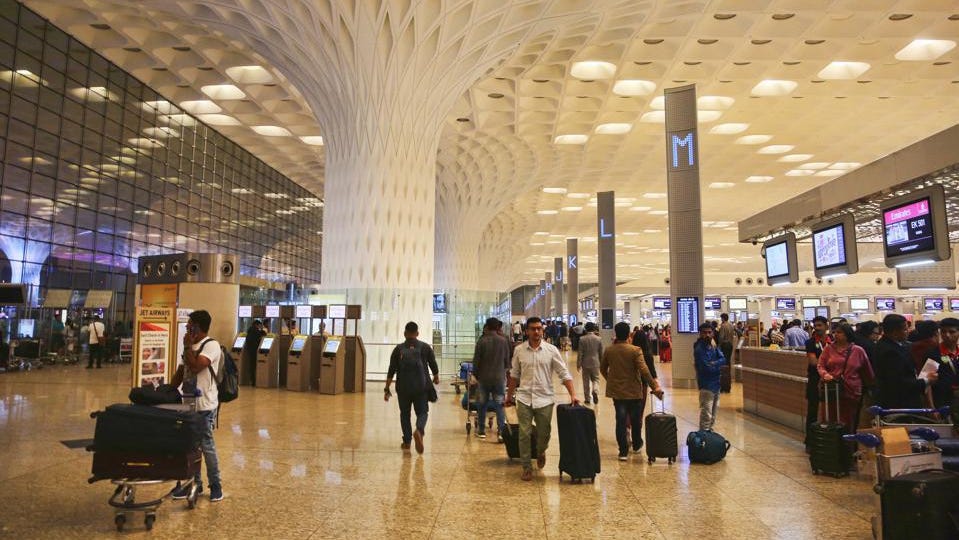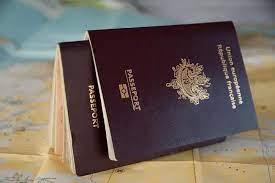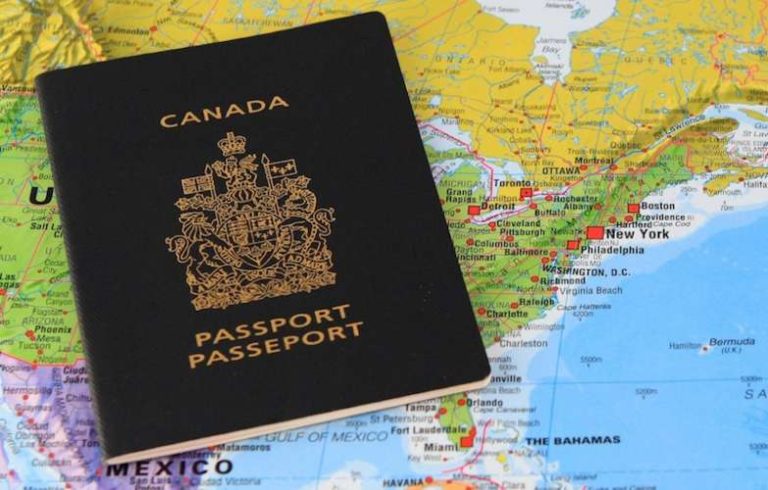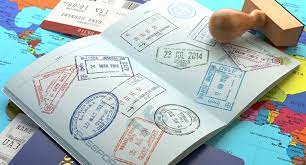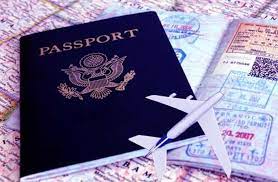The Reasons Why Indian Visas can be Rejected
There are a number of reasons why Indian visas can be rejected. The most common reasons include not having the correct documentation, not having a visa application form, not having the correct visa fee, not having a valid passport, or not having a valid visa. Other reasons include having a criminal record, being a member of a terrorist organization, or posing a threat to national security.
1. The Reasons Why Indian Visas can be Rejected
It is estimated that every year, around 4 lakh foreign nationals are rejected for an Indian visa. There can be a number of reasons for this, ranging from incomplete paperwork to a previous criminal record. In this blog, we take a look at some of the most common reasons why Indian visas can be rejected. TYPES OF INDIAN EVISA
One of the most common reasons for visa rejection is incomplete paperwork. This can include anything from forgetting to sign the application form to not attaching the required documents. It is important to double check everything before submitting the application to avoid any delays or complications.
Another common reason for visa rejection is a criminal record. This can be anything from a previous arrest to a conviction. In some cases, even minor offences can lead to visa rejection. If you have any criminal history, it is important to declare it on your application form.
Some countries, including the United States, have a history of visa rejection. This is usually due to the high number of applications from these countries. In some cases, applicants from these countries may be asked to provide additional documentation or may be required to attend an interview.
Some applicants may also be rejected due to their financial situation. In order to obtain a visa, applicants must prove that they have the means to support themselves during their stay in India. This can be done by providing bank statements or employment letters.
Finally, some applicants may be rejected due to their medical history. Applicants with certain medical conditions may be required to obtain a special medical visa. In some cases, they may also be required to provide proof of vaccinations. INDIAN VISA REJECTED
If you have been rejected for a visa, it is important to understand the reason why. In most cases, the rejection can be overcome by providing additional documentation or by correcting any errors on the application form.
2. Reasons for Indian Visa Rejection
There are many reasons why Indian visas can be rejected. Here are two of the most common reasons:
- Failure to meet the eligibility criteria: In order to be eligible for an Indian visa, you must meet certain criteria. For example, you must have a valid passport, you must have a reason for traveling to India, and you must have enough money to support yourself during your stay. If you don’t meet these criteria, your visa will be rejected.
- Incorrect or incomplete application: Another common reason for visa rejection is an incorrect or incomplete application. Be sure to double check your application before you submit it to avoid this mistake.
If you are planning to travel to India, be sure to familiarize yourself with the requirements and the application process to avoid having your visa rejected.
3. Reasons for Visa Rejection from India
There are many reasons why an Indian visa can be rejected. Here are three of the most common reasons:
- Lack of Documentation
One of the most common reasons for visa rejection is lack of documentation. When applying for a visa, it is important to make sure that all required documents are submitted. Failure to do so can result in a visa being rejected.
- Incorrect Information
Another common reason for visa rejection is incorrect information. When applying for a visa, it is important to make sure that all of the information on the application is accurate. Any inaccuracies can result in a visa being rejected.
- Ineligibility
There are certain requirements that must be met in order to be eligible for a visa. If an applicant does not meet these requirements, their visa may be rejected.
These are just a few of the reasons why an Indian visa can be rejected. It is important to make sure that all requirements are met and that all information is accurate in order to avoid having a visa rejected.
4. Reasons Why Your Indian Visa May be Rejected
There are many reasons why your Indian visa may be rejected. Here are four of the most common reasons:
- You have not provided enough documentation.
When you apply for a visa to India, you must provide a number of documents to the Indian consulate. These documents include your passport, photographs, and a completed visa application form. If you do not provide all of the required documents, your visa may be rejected.
- Your visa application is incomplete.
In addition to providing the required documents, you must also complete the visa application form correctly. If any of the information on the form is inaccurate or incomplete, your visa may be rejected.
- You have a criminal record.
If you have a criminal record, your visa may be rejected. This is especially true if you have been convicted of a serious crime.
- You are considered a security risk.
If the Indian government believes that you are a security risk, your visa may be rejected. This can be for a variety of reasons, including your travel history or the countries you have visited in the past.
